In the period from 30 April to 4 May 2024, the University of Applied Sciences Burgenland – UAS Burgenland – (Eisenstadt, Austria) hosted an annual large-scale international event aimed at improving internationalisation, academic exchanges and strengthening partnerships between higher education institutions – International Staff Week - 2024 – attended by 35 participants from 19 countries.


This year, two representatives of Poltava Polytechnic are in the list: Candidate of Philological Sciences, Associate Professor, Associate Professor of the Department of Germanic Philology and Translation, Head of the Council of Young Scientists of Faculty of Philology, Psychology and Pedagogy (2017–2023), External Communication Coordinator in Eurodoc, member of the Expert Council of Young Scientists at the Ministry of Education and Science of Ukraine, member of NGO “INOSI”, Coordinator of International Activities of the University Anna Pavelieva and Deputy Dean of the Faculty of Philology, Psychology and Pedagogy, Candidate of Philological Sciences, Associate Professor of the Department of General Linguistics and Foreign Languages, Head of the Council of Young Scientists of the Faculty of Philology, Psychology and Pedagogy Nataliia Bondar took part in International Staff Week - 2024 at the University of Applied Sciences Burgenland in Eisenstadt, Austria, as part of the Erasmus+ and CEEPUS academic mobility programs.




Over the course of five days, 6 workshops, 16 presentations, and 10 speeches by invited lecturers were held. On the first day of the trainings, 30 April, Gernot Hanreich, Rector of the University of Applied Sciences Burgenland, and Michael Roither, Vice-Rector for International Relations, welcomed the participants, Birgit Rivalta, Head of the International Relations Department, and Alexander Burka, Lecturer of the Business Department, conducted a speed-dating, during which the participants were able to get to know each other, briefly tell about themselves and their university, and exchange contacts.
This was followed by two workshops on creating inclusive campuses for international students (lecturer: Josefine Kuhlmann, Program Director of the Bachelor’s program “International Sustainable Business”, Department of Business Studies, UAS Burgenland) and the study of interdisciplinary approaches in the university environment (lecturers: Regina Scheitel and Viktoria Stifter, lecturers at the Department of Social Work and Social Sciences, UAS Burgenland). Myradov Shukurgeldi, UN Youth Ambassador and Bridging student, made a great presentation titled “Cultivating Diversity: A Student’s Guide to Internationalisation”, during which he shared his own experience of studying under mobility programs, participating in various scholarship and volunteer programs, social work and youth work, as well as gave effective advice on how to improve the internationalisation of higher education institutions and promote multiculturalism.






The next day, 1 May, is a public holiday in Austria – the May Coronation or the month of Mary (a tradition of the Catholic Church), so on this day, a tour of the city of Eisenstadt and a sightseeing trip to the city of Rust were organised for the participants of the mobility program.
Eisenstadt is a city in eastern Austria, the administrative centre of Burgenland with a population of about 12,000 people, known as a wine-making centre, the seat of the Esterházy princes and the birthplace of the world-famous composer Joseph Haydn, who lived and worked here for 29 years. The participants of the mobility programme were able to see the town hall, Gunpowder Tower, Haydn Museum (the house where he lived with his wife) and Haydn Church/Mountain Church (where the composer’s remains are kept), the Land (local lore) Museum, Bergkirche Cathedral, Dom-Kirche Hl. Martin, Franciscan Church, and the extremely beautiful Esterházy Castle with its castle park. The castle was founded in the late 13th century, and in the early 17th century the castle and the territory around it became the property of the Esterházy family. In 1633-1672, the estate was rebuilt in the Baroque style. In the 18th century, the interiors were redecorated in the style of classicism. The composer Joseph Haydn lived and worked in the palace for a long time. Many of his works were first performed here for members of the princely family. After World War II, the castle housed the government of Burgenland and the national court. Formally, the Esterházy family continues to be the owner of the estate.







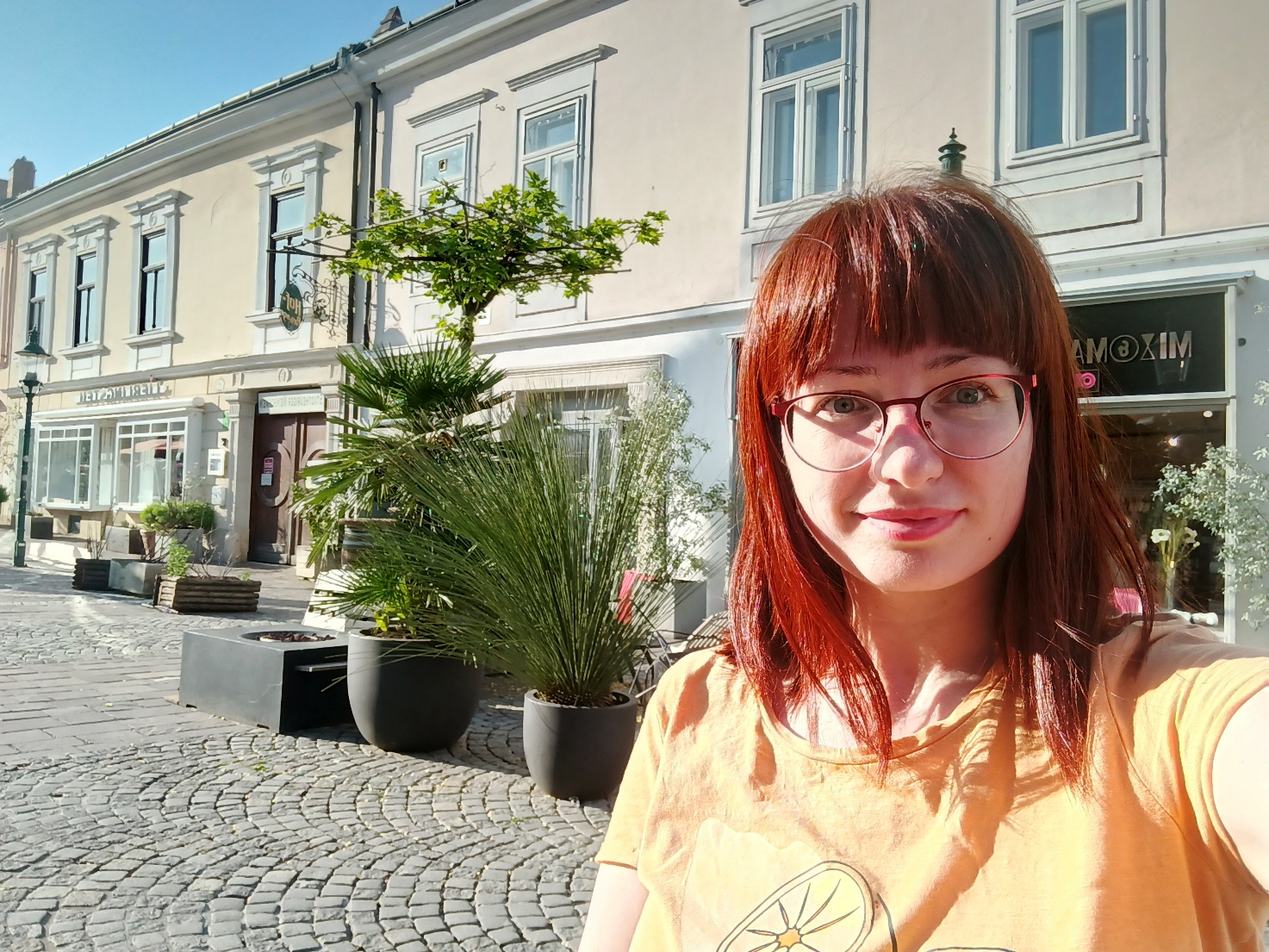


In the afternoon, a gala dinner was organised at the Seerestaurant Katamaran in Rust, on Lake Neusiedlersee, which has been the centre of local wine production since the Middle Ages. After dinner, everyone had the opportunity to take a walk around the city and attend a tasting of the local famous wines. The most highly regarded are the sweet botrytised late harvest wines of the Ruster Ausbruch brand, although Rust wineries also produce other predicate wines and ice wine. To avoid counterfeiting, as early as 1524, corks used to seal barrels of local wine were allowed to be marked with the letter R. Barrels of wine were regularly delivered to the Habsburg court, which in 1681 granted the settlement the rights of a free city of the Hungarian crown. In the lands of the Hungarian crown, Rust’s wines competed only with Tokaj’s wines.
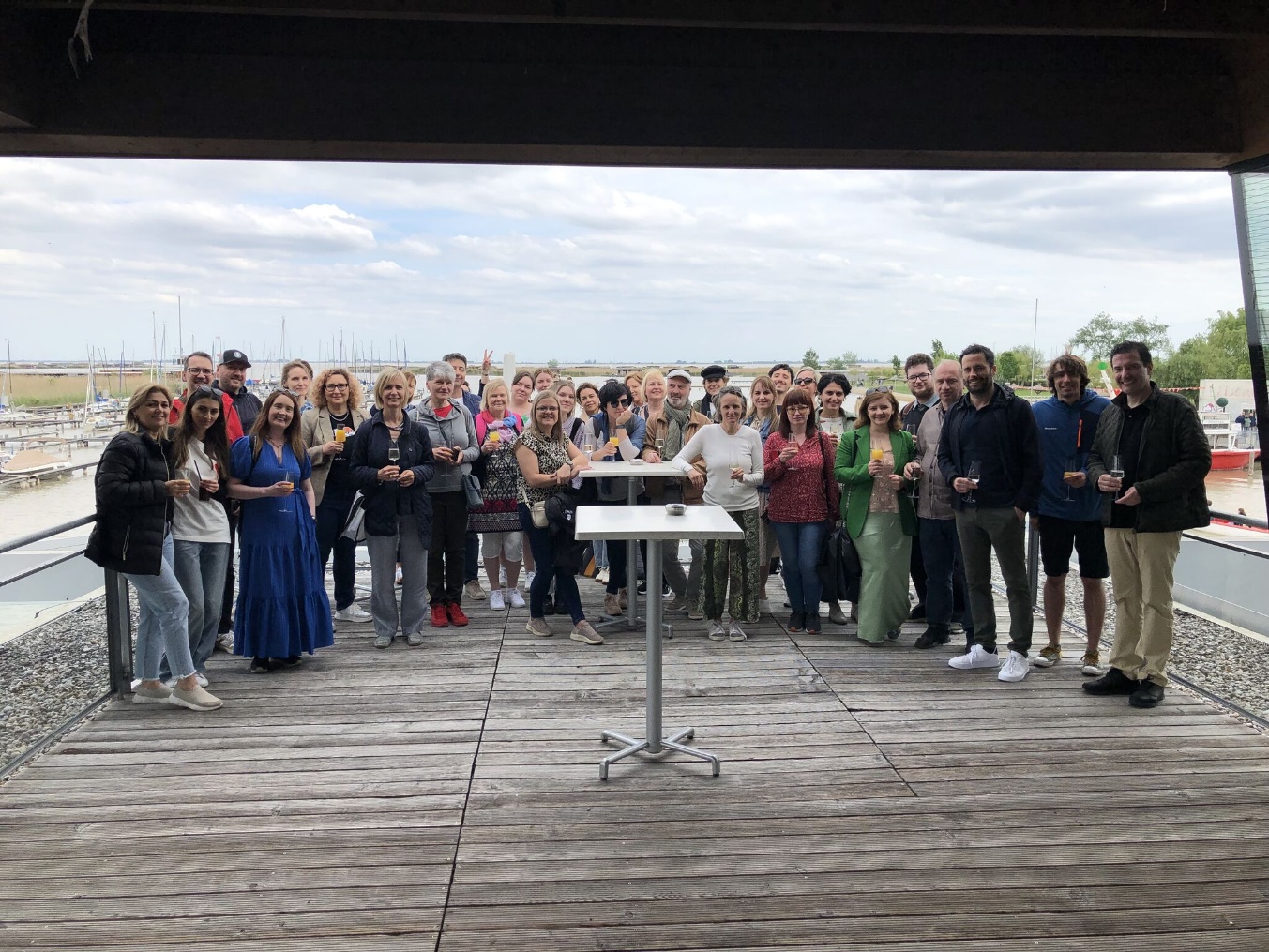
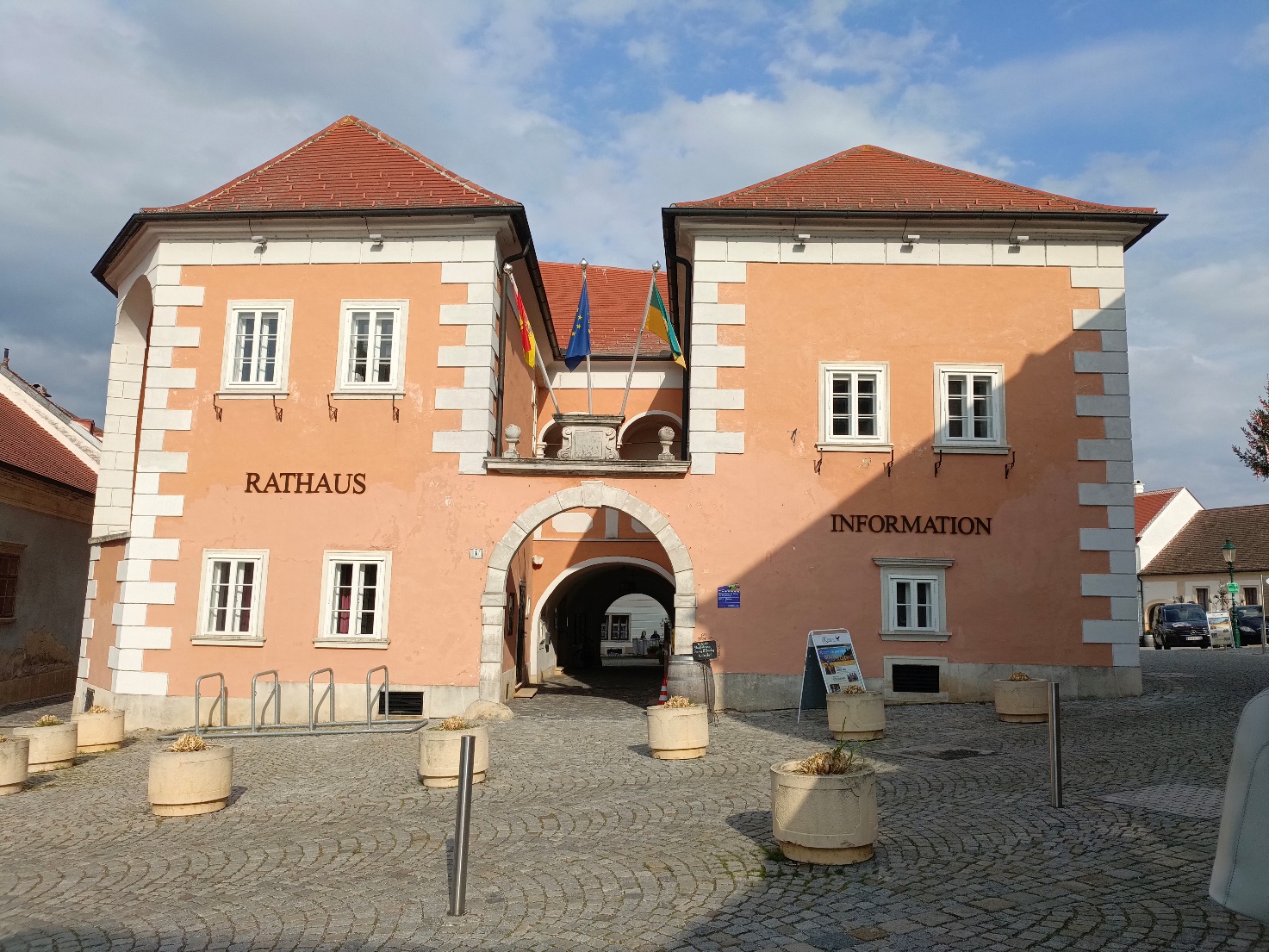
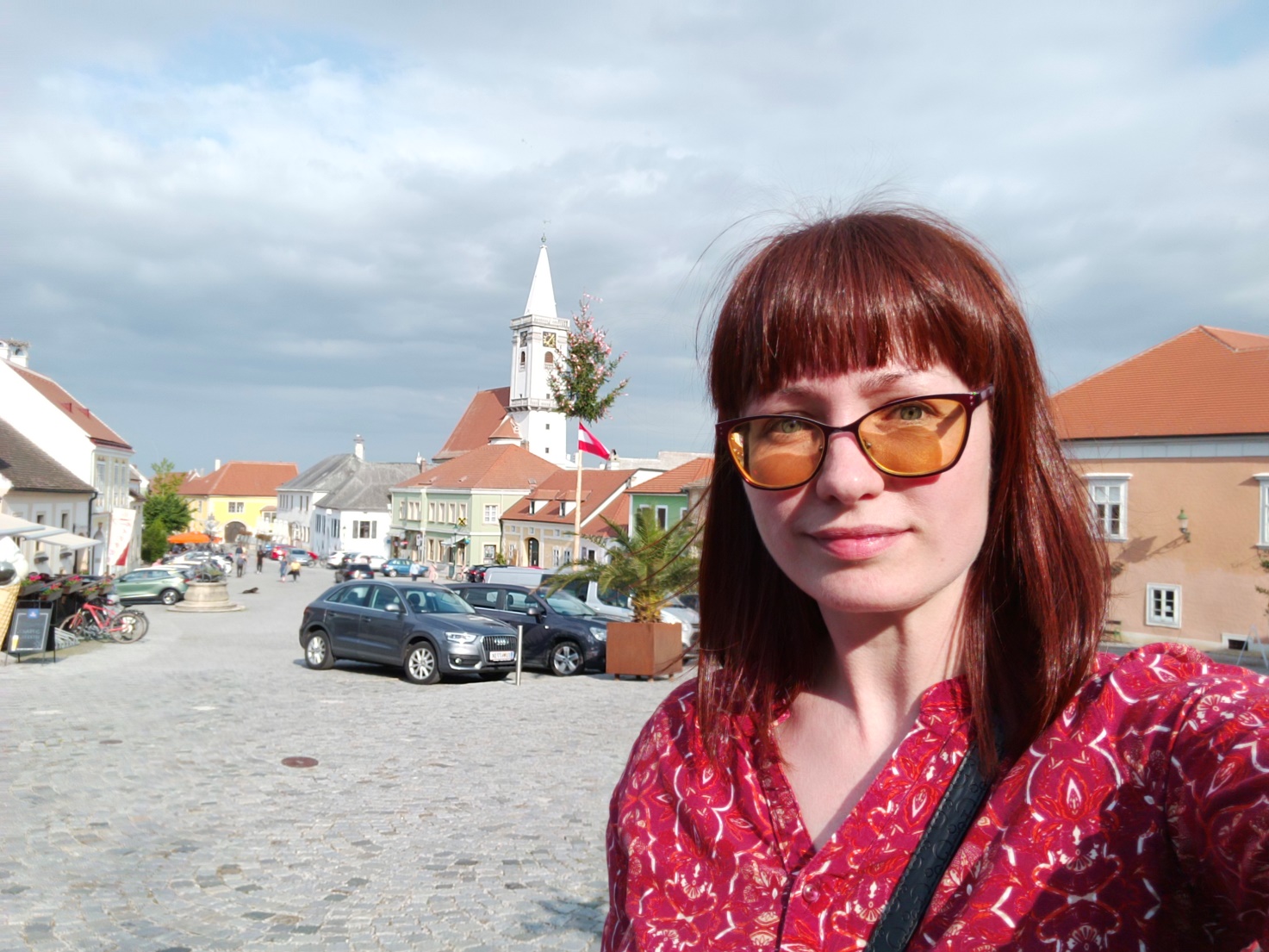
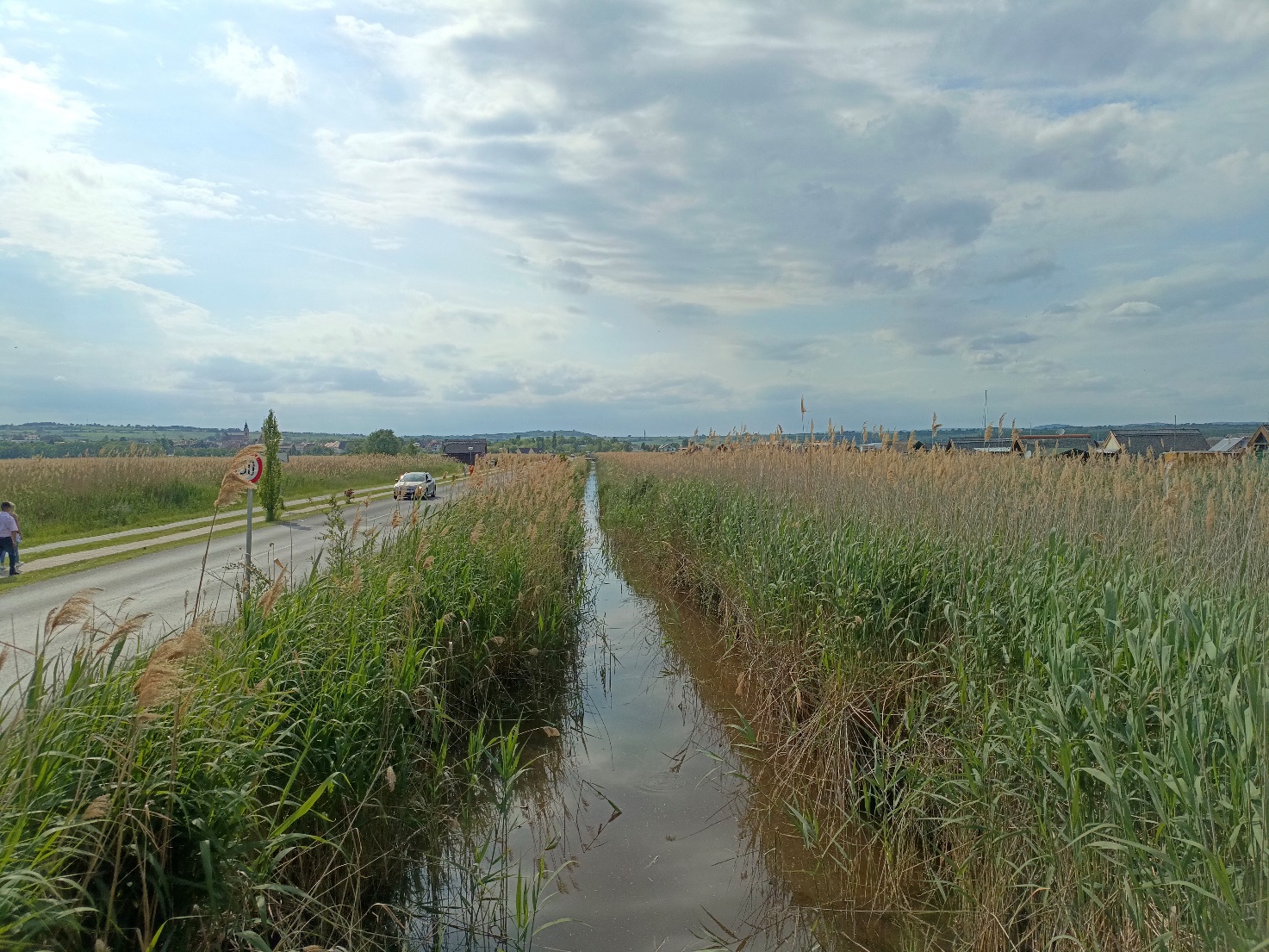
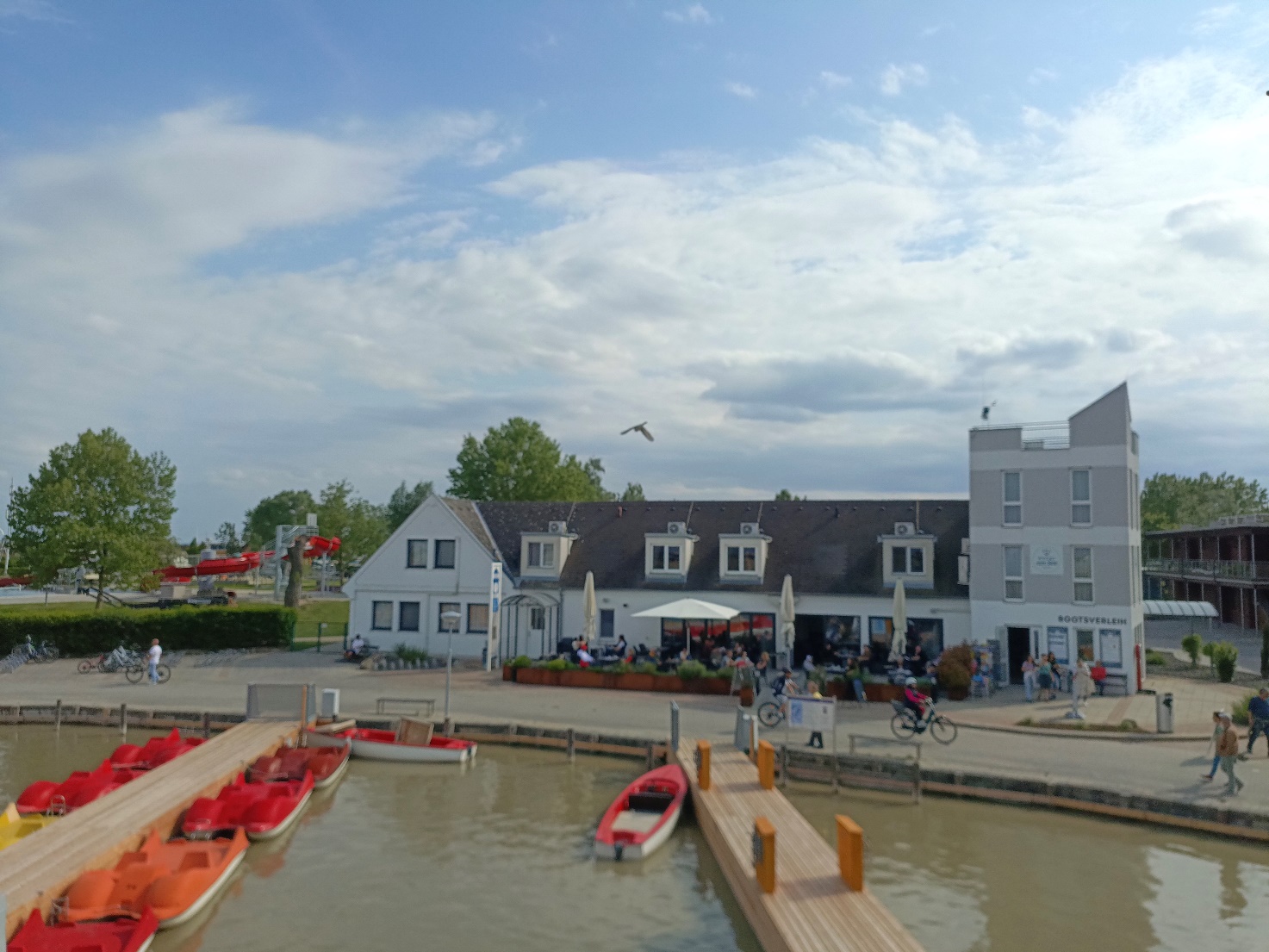
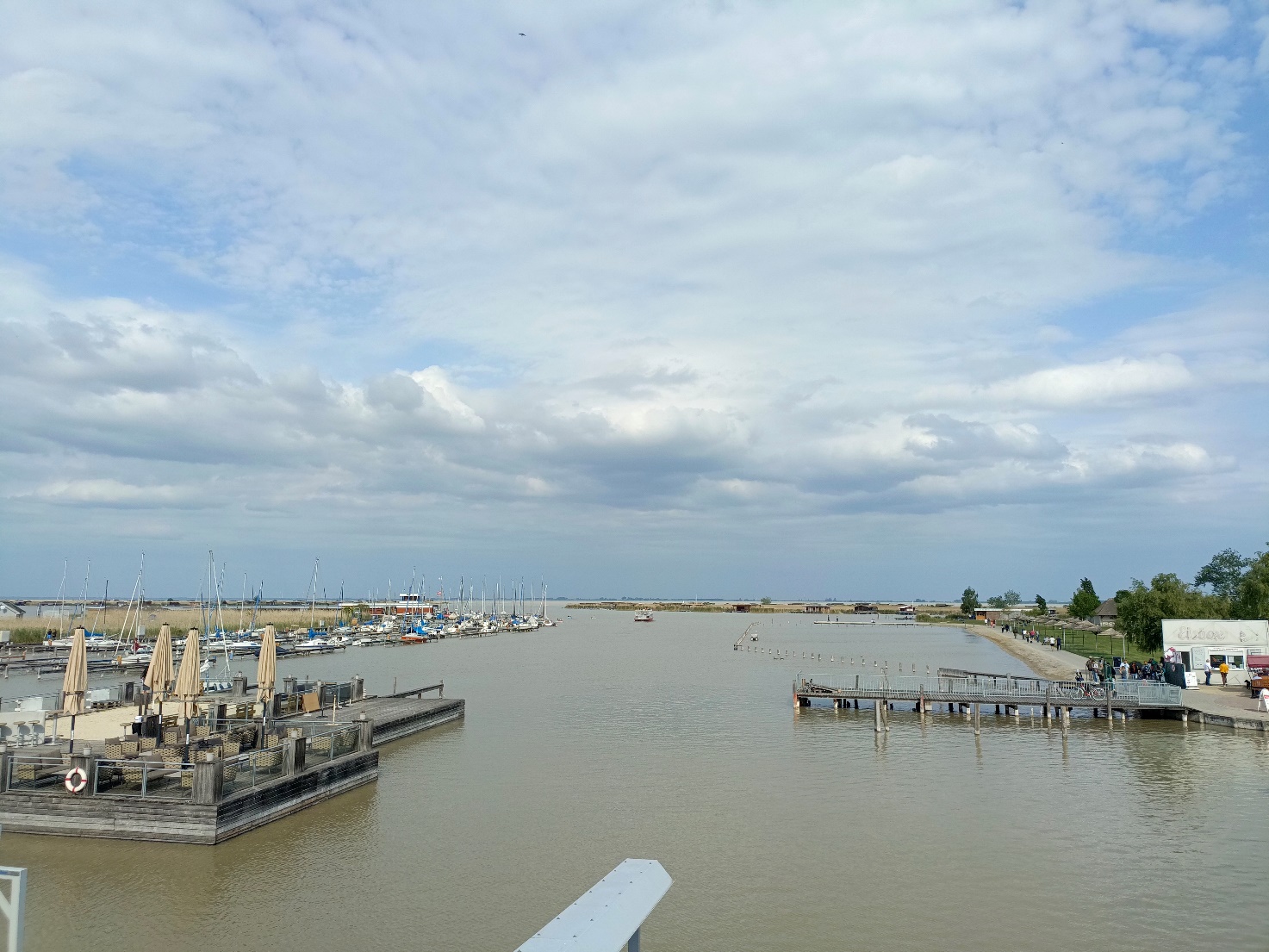
On 2 May 2024, the mobility programme participants took part in a study tour to the Campus Pinkafeld, where Sarah Aldrian, lecturer at the Department of Health, Helmut Plank, head of the Department of Energy and Environment and Christian Heschl, Director of the Master’s Programme in Building Technology and Management, Department of Energy and Environment, gave tours of the Lowergetikum and Energetikum laboratories.
This was followed by an interactive seminar by Katie Power, Head of the Department of Marketing and International Business at Münster University of Technology: “Engaging Personality Theory to Understand the Value, Importance and Impact of Physical Space on the Learning Experience of Students and Faculty in University Education”. Nadine Graf, Programme Director of the Bachelor of Health and Nursing, Department of Health Sciences, UAS Burgenland, introduced the mobility programme participants to health research.
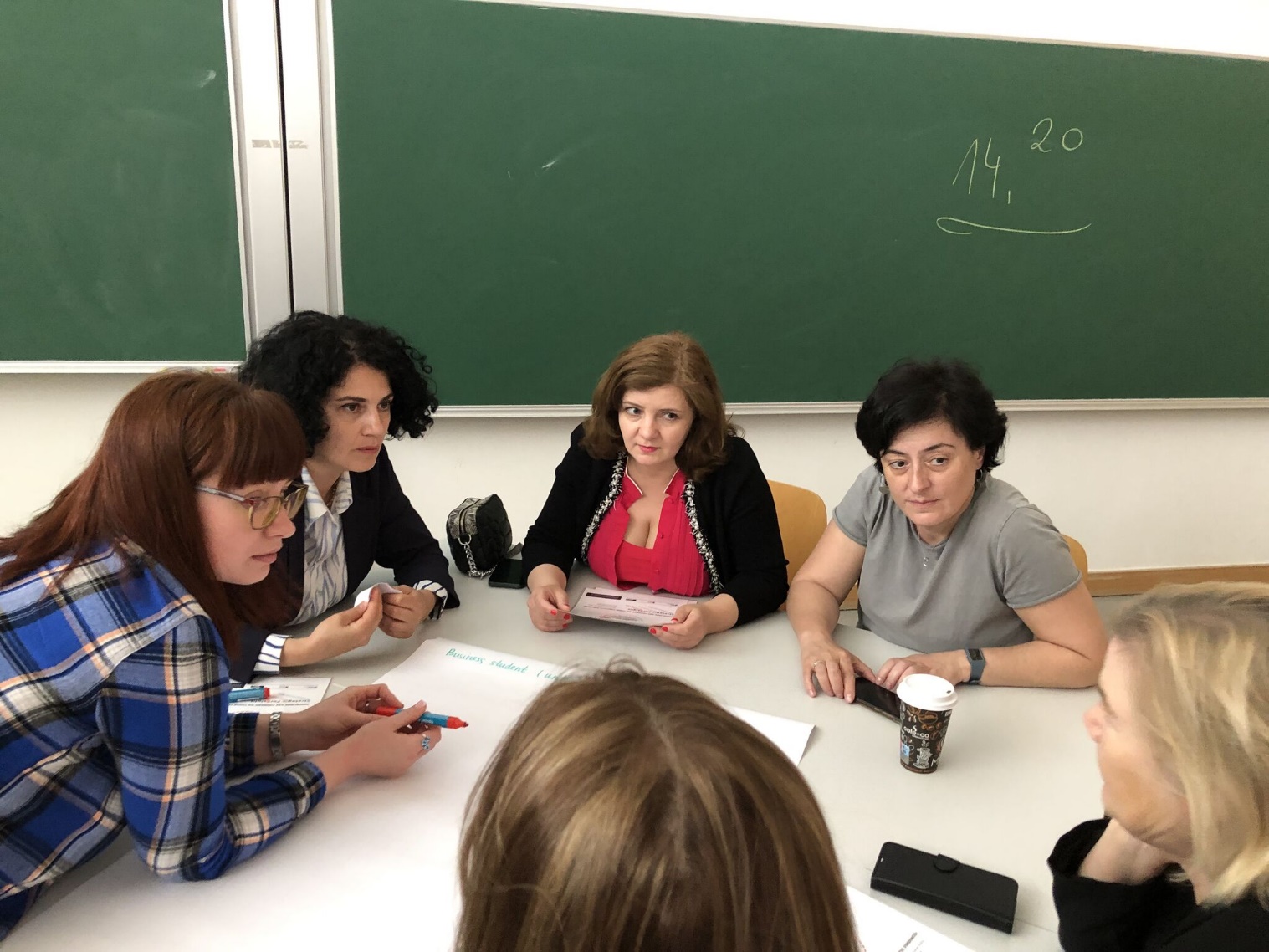
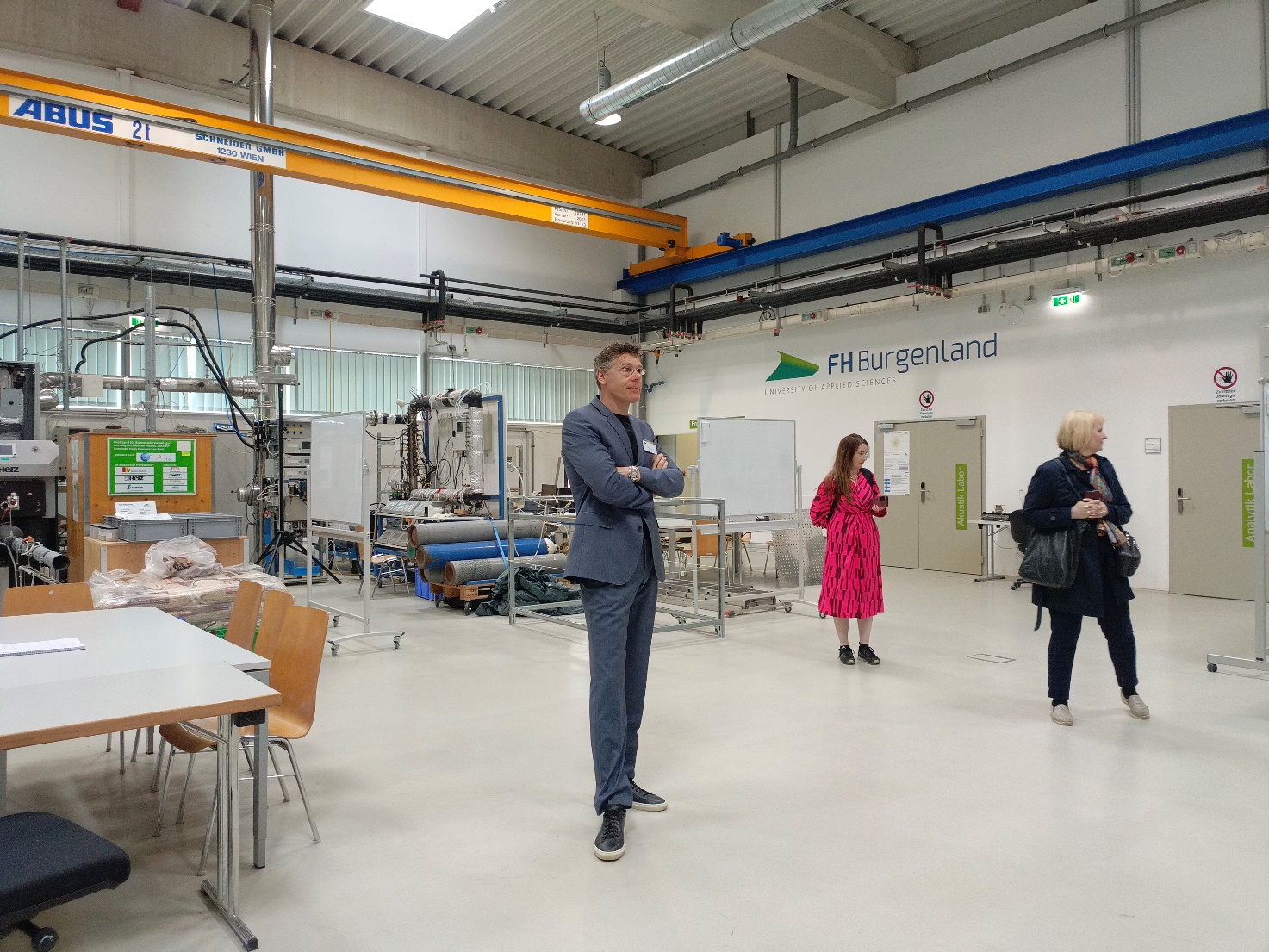
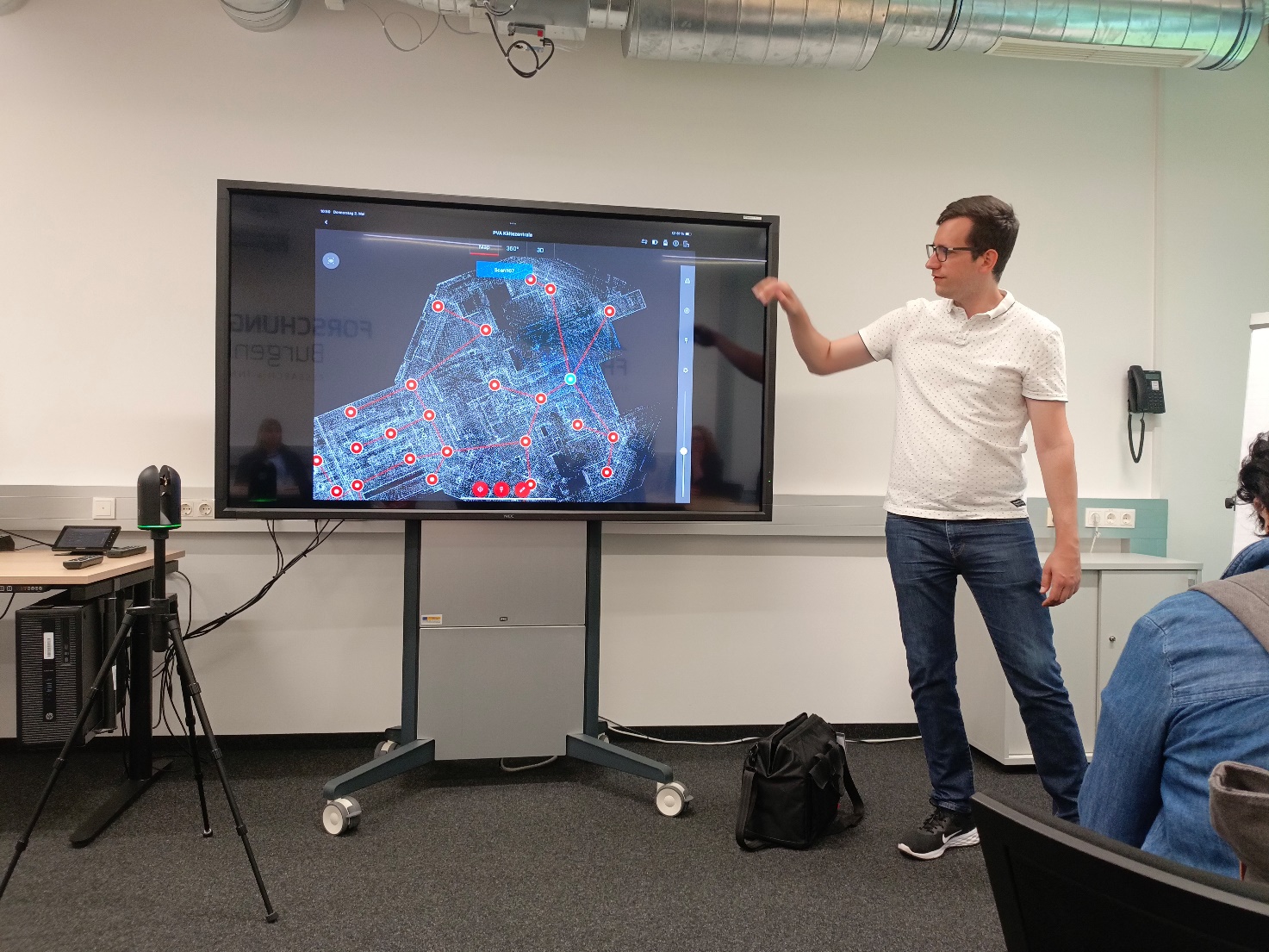
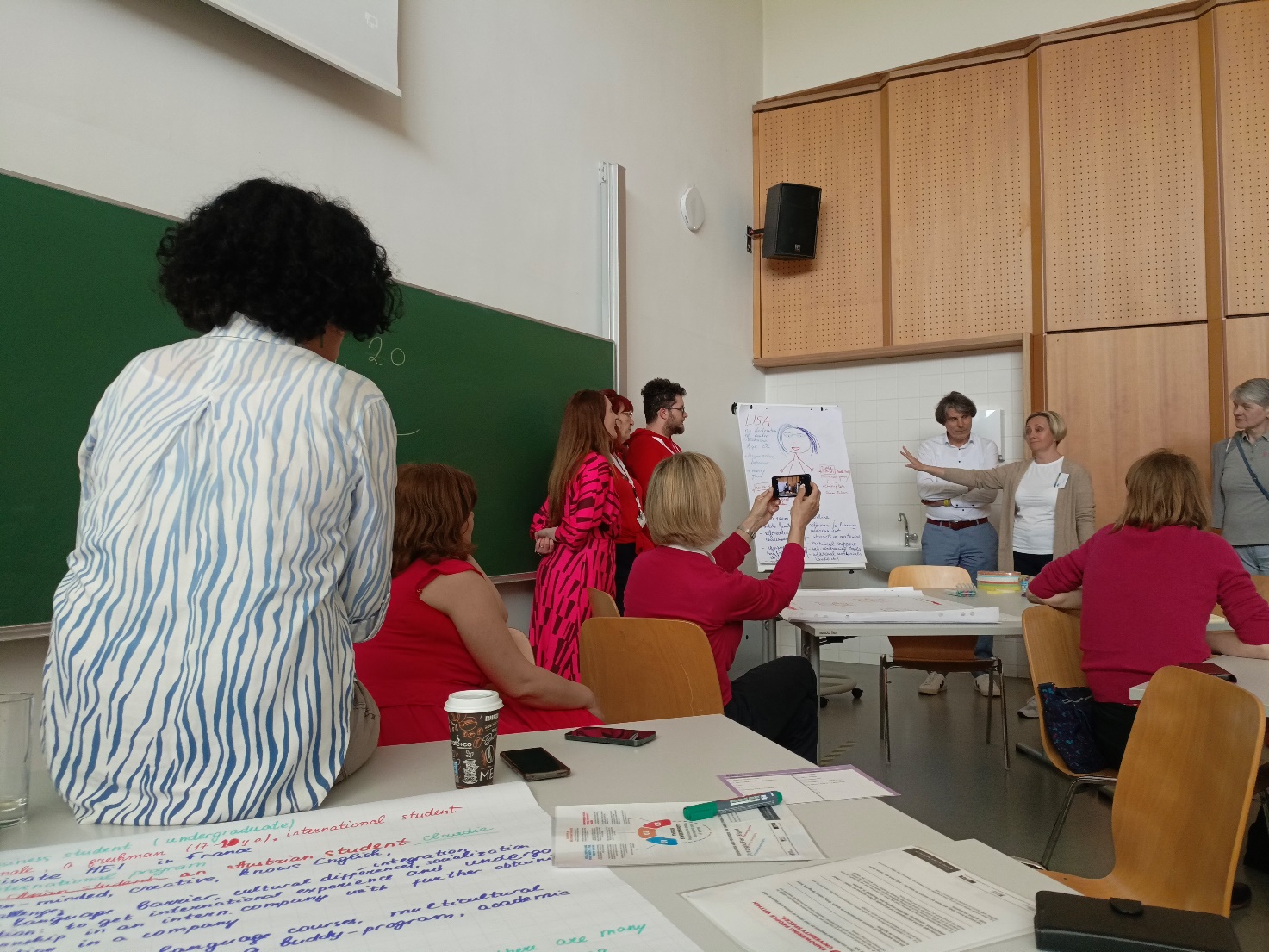
Friday, 3 May 2024, was full of various events, workshops, trainings and presentations. For example, Begoña Barber, International Mobility Coordinator at the Catholic University of Valencia, shared her advice on internationalisation of academic and non-academic staff from her own experience; a seminar on the latest internationalisation practices was held by Birgit Rivalta, Head of the International Office, UAS Burgenland, and international mobility coordinators Kathrin Hofer and Christa Koppensteiner.
The workshop on the sustainability of learning in an international context was delivered by Bipashyee Ghosh, Lecturer, Deep Transitions Lab, University of Utrecht and University of Sussex; Ian Hughes, DIIS (Deep Institutional Innovation for Sustainable and Human Development) Project Leader, University College Cork; and Manfred Tauchner, Director of the Bachelor of Social Work, Faculty of Social Work and Social Sciences, UAS Burgenland.
The afternoon was followed by a series of presentations on internationalisation and academic mobility of teachers and students.
The following spoke about their universities:
- Taina Pallonen, Academic Advisor, Haaga-Helia University of Applied Sciences (Helsinki, Finland);
- Leenta Grobler, Deputy Director for Teaching and Learning, Northwestern University, NWU Business School (Potchefstroom, South Africa);
- Hicham Hakim, International Relations Manager, Kadi Ayad University (Marrakech, North Africa)
Christophe Texier, International Relations Manager, OCELLIA Lyon, spoke about the internationalisation process at OCELLIA: results and perspectives; Alessia Tressoldi, Project and Partnership Manager, University of Francisco de Vitoria, introduced the mentoring and support programs for students going abroad, and Maria Jose Alapont Millet, International Mobility Coordinator, Catholic University of Valencia, shared successful cases of internationalisation of study programs at the Catholic University of Valencia.
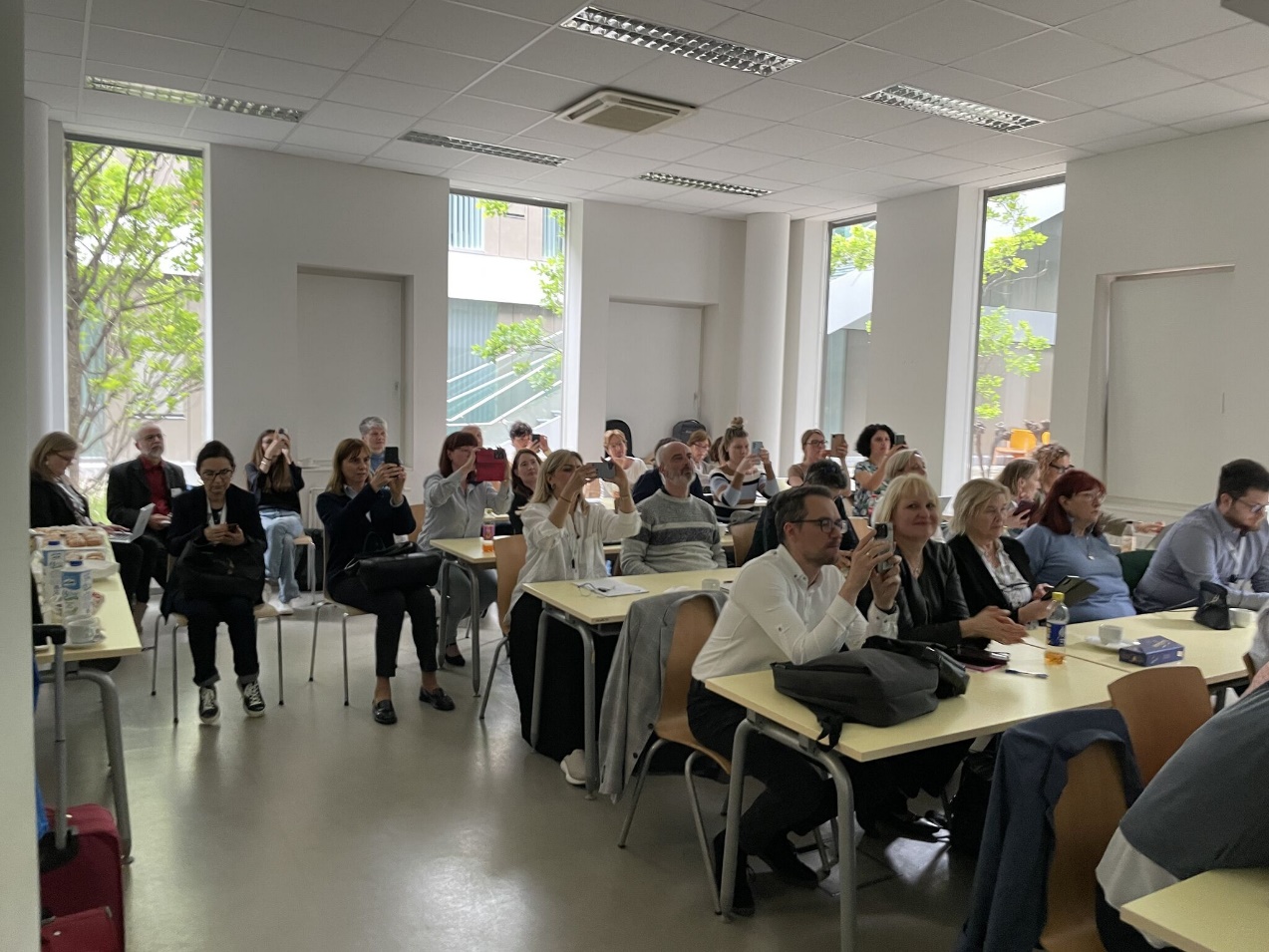
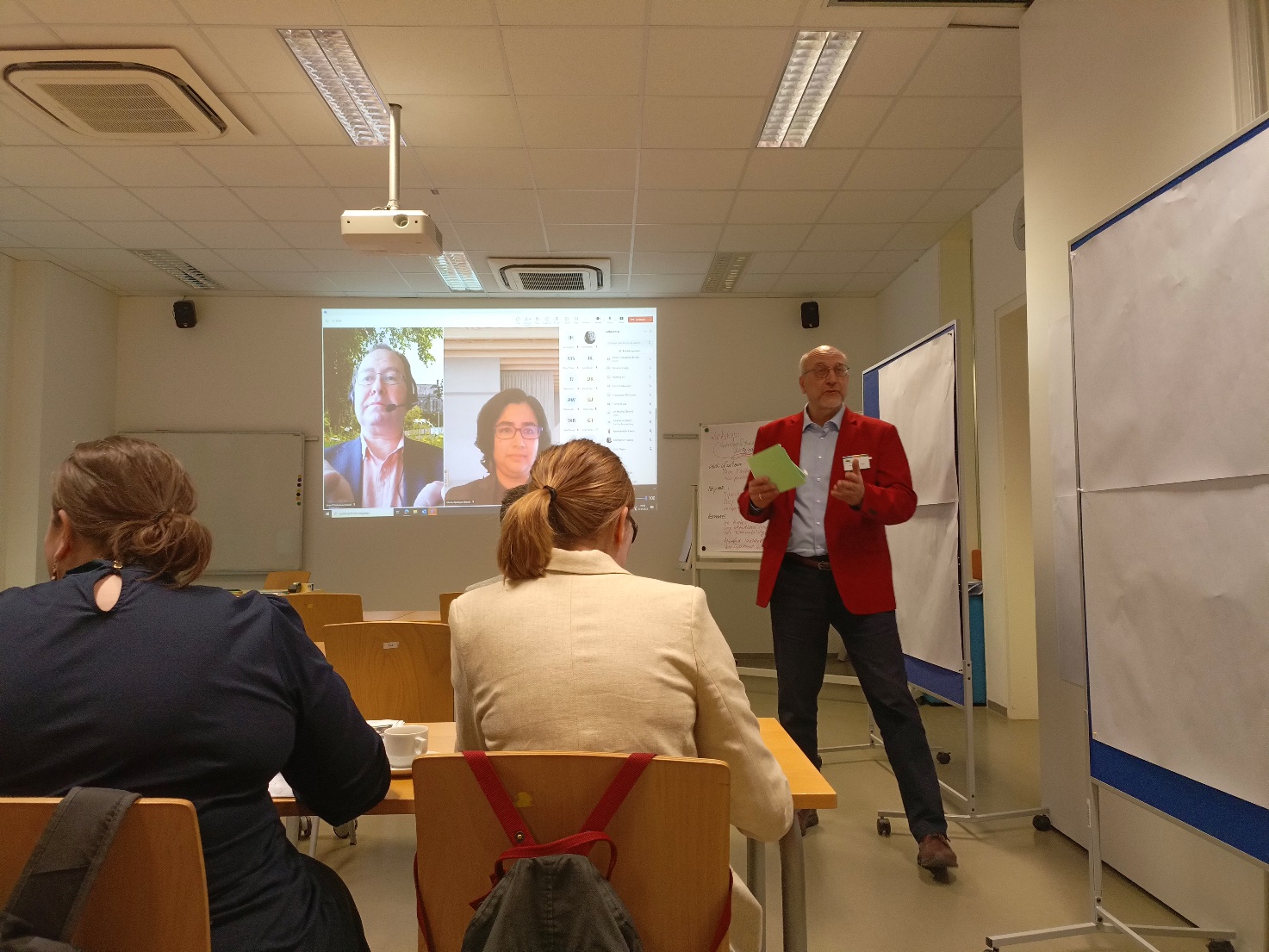
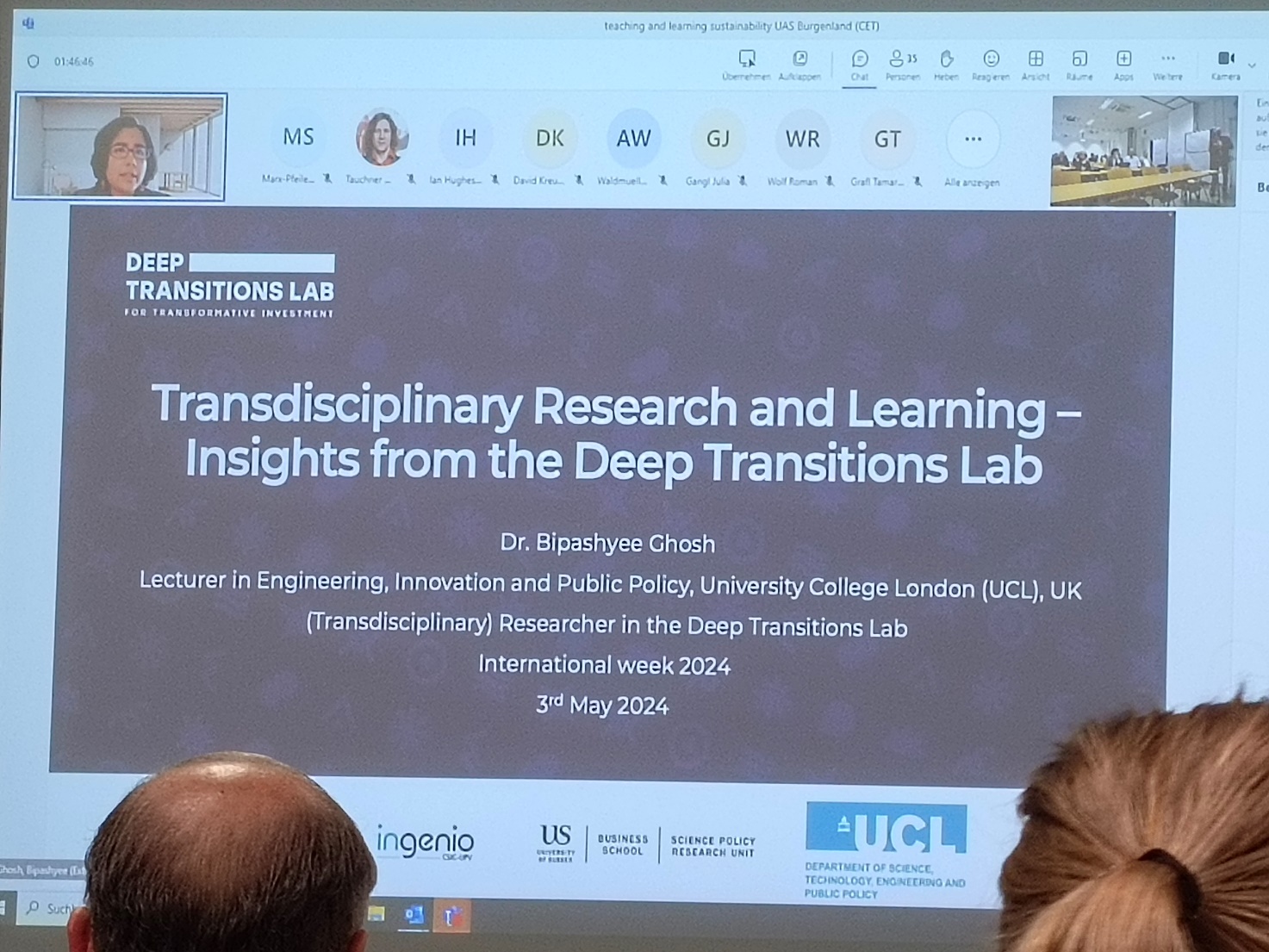
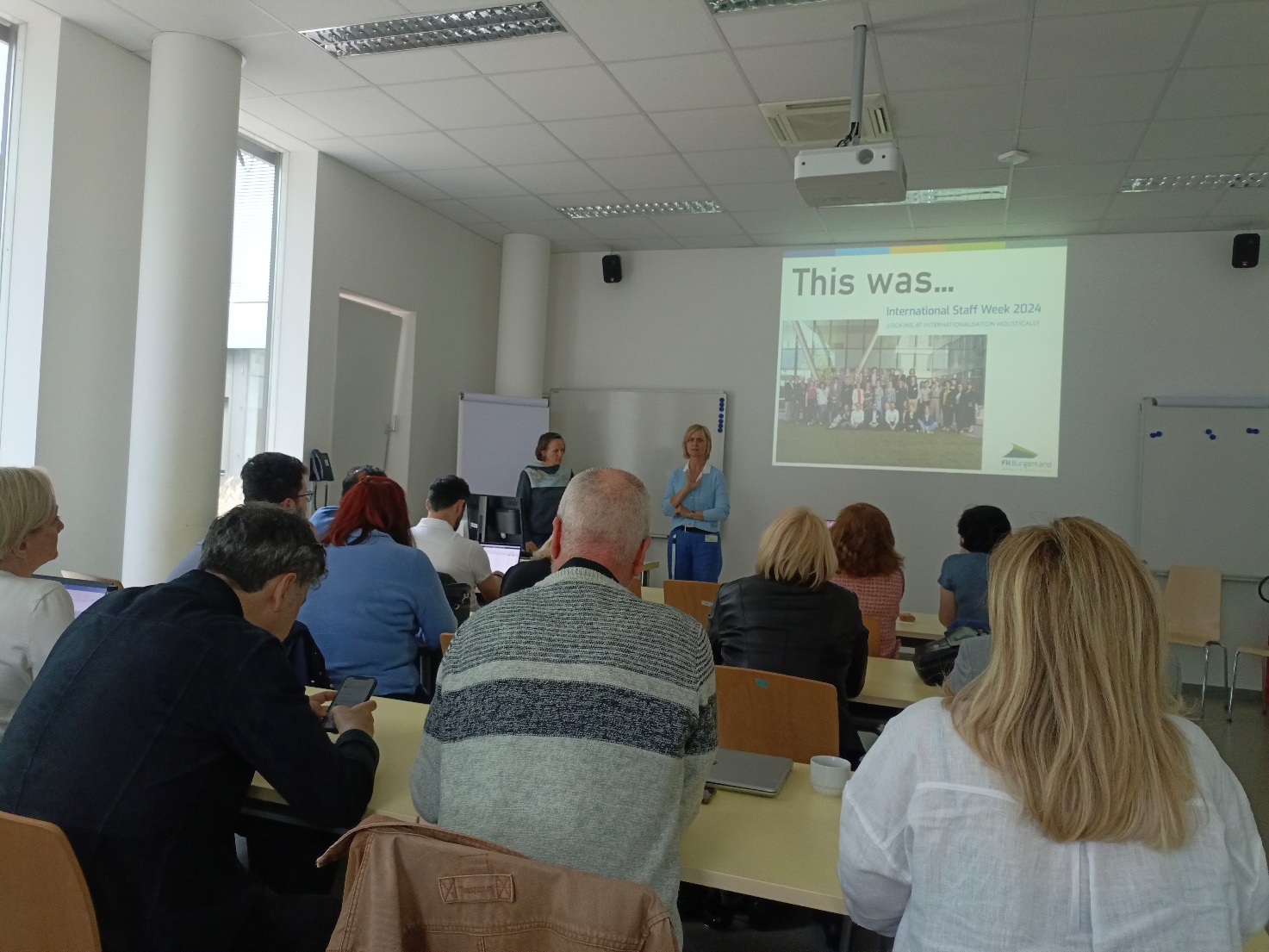
Poltava Polytechnic scientists Anna Pavelieva and Nataliia Bondar also met three students of the Educational and Research Institute of Finance, Economics, Management and Law of Poltava Polytechnic, Nadiia Kubrak, Anzhelika Didechkina and Dana Sholokh, who are currently studying under the Erasmus+ credit academic mobility program at the University of Applied Sciences FACHHOCHSCHULE BURGENLAND in Eisenstadt. The students shared their impressions of studying and living in the city where the world-famous composer Joseph Haydn worked for almost 30 years.

On Saturday, 4 May 2024, Polytechnic representatives Nataliia Bondar and Anna Pavelieva had a free day and visited the capital of Austria – the famous Vienna. The scientists visited the Rathausplatz (Town Hall Square), the name of which comes from the town hall built here, which now houses the Vienna City Hall, and the Schwarzenbergplatz, one of the most interesting places and most famous squares in Vienna, where the KarlsKirche Church, the Vienna Museum, the House of Artists and the Technical University are located. In winter, Christmas markets are also held here.
The teachers also visited the Museum Quarter on the outskirts of the Old Town, the Museum of Art History, which houses paintings by Raphael, Titian, Rembrandt, Rubens, Bosch, Velázquez, saw the Vienna Opera and St Stephen’s Cathedral, a true symbol of Vienna – an unusual Gothic cathedral with the coats of arms of Vienna and Austria on its roof and a bell tower with dozens of different-sized bells in its high towers; The Butterfly House, a tropical paradise right in the middle of Vienna, the Belvedere, a magnificent Baroque palace complex, and the Hofburg, the residence of the Austrian emperors, which has long been home to the most influential people in Austrian history, including the Habsburg family, rulers of the Austro-Hungarian Empire. Today, Hofburg serves as the official residence of the President of Austria. It is also known as the winter residence, while Schönbrunn Palace is considered the summer residence.

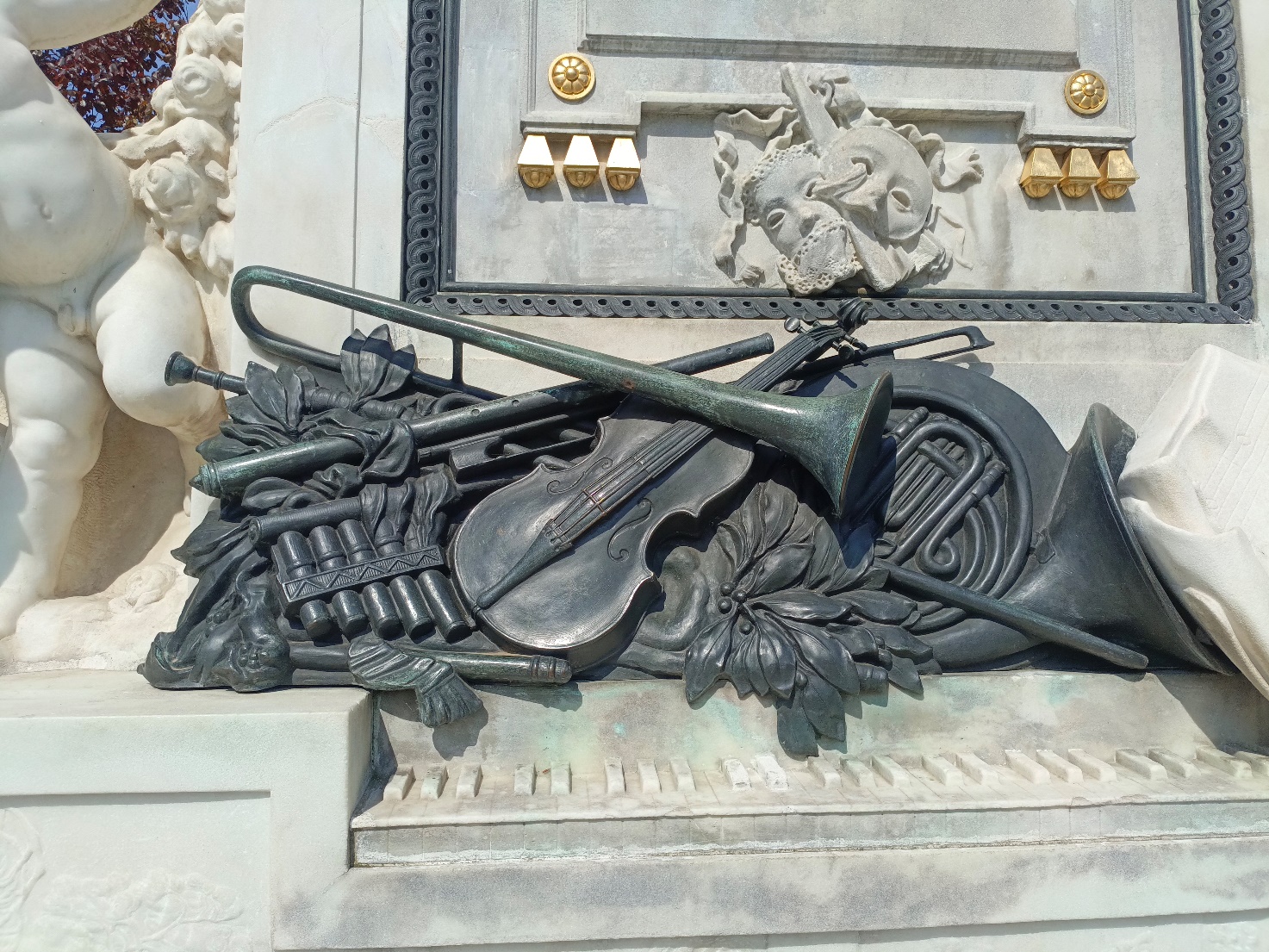
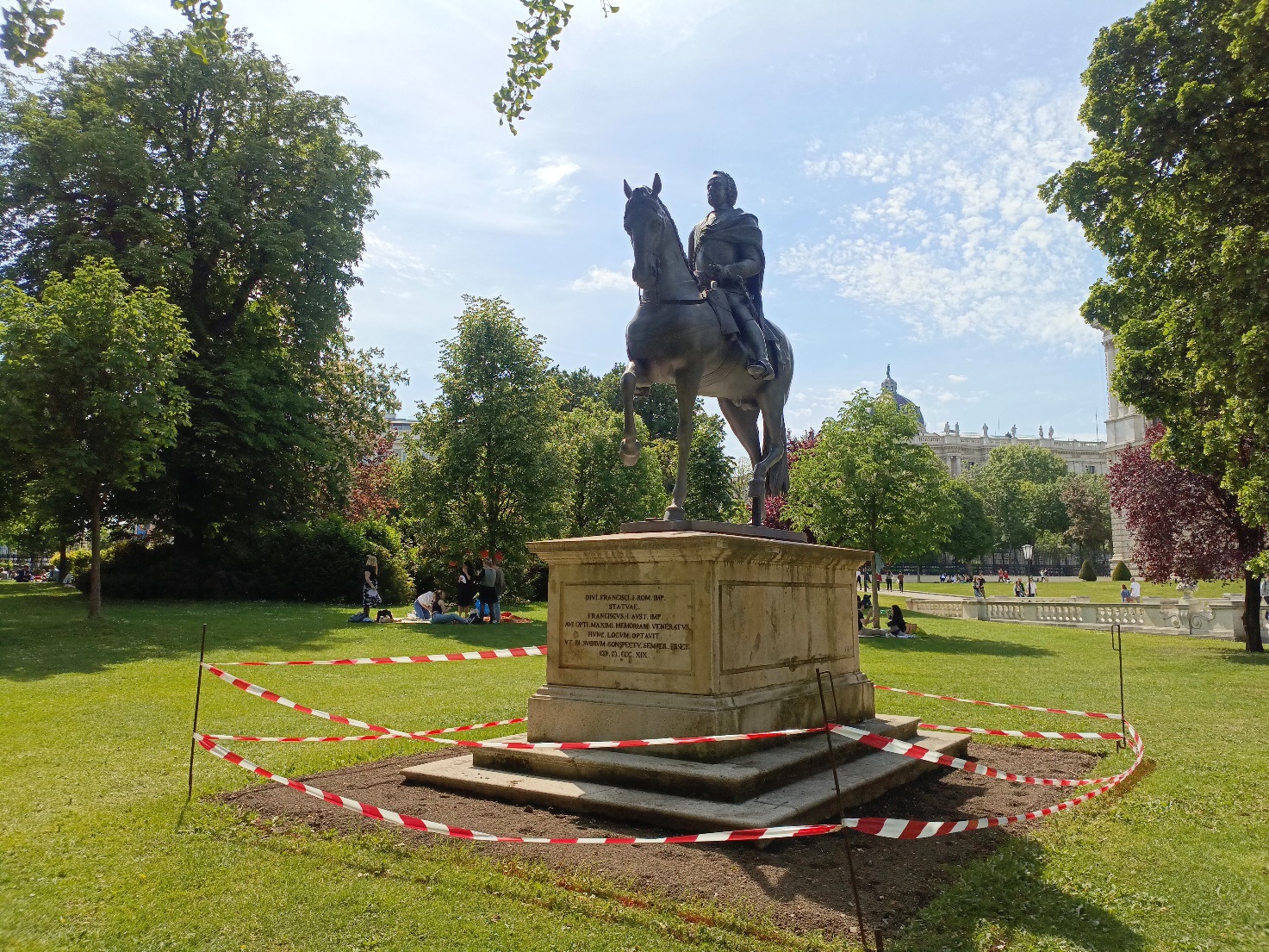
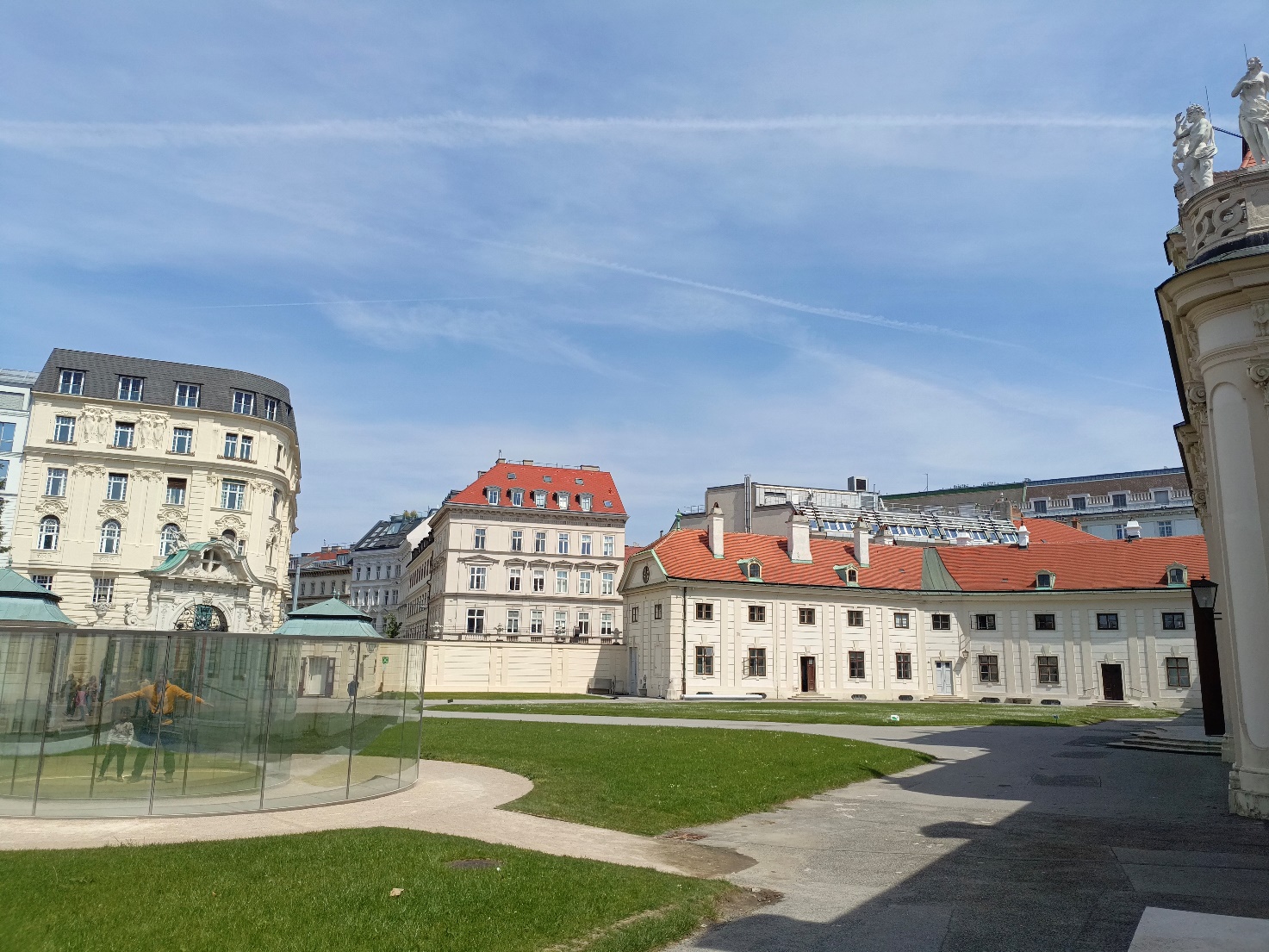

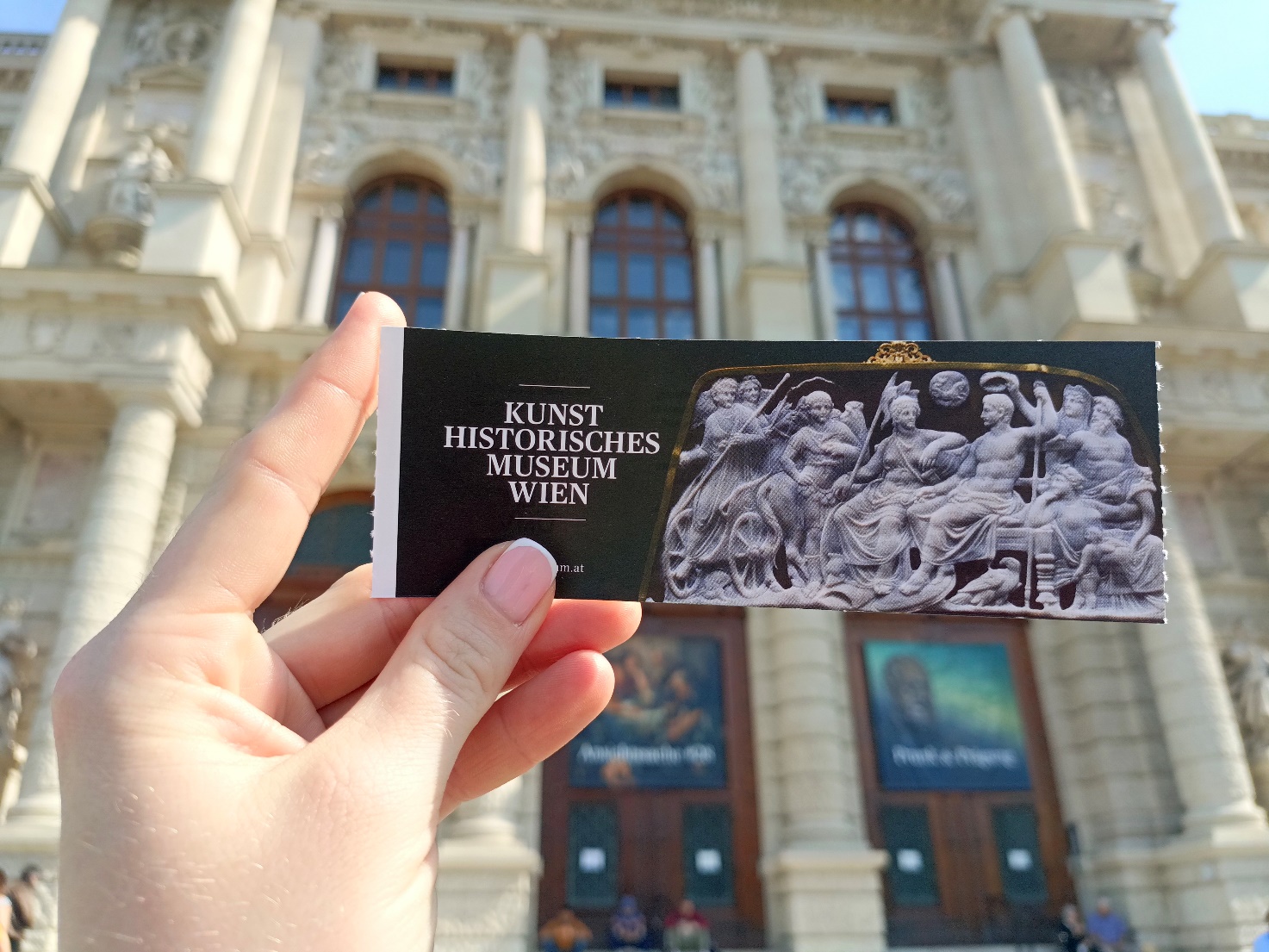
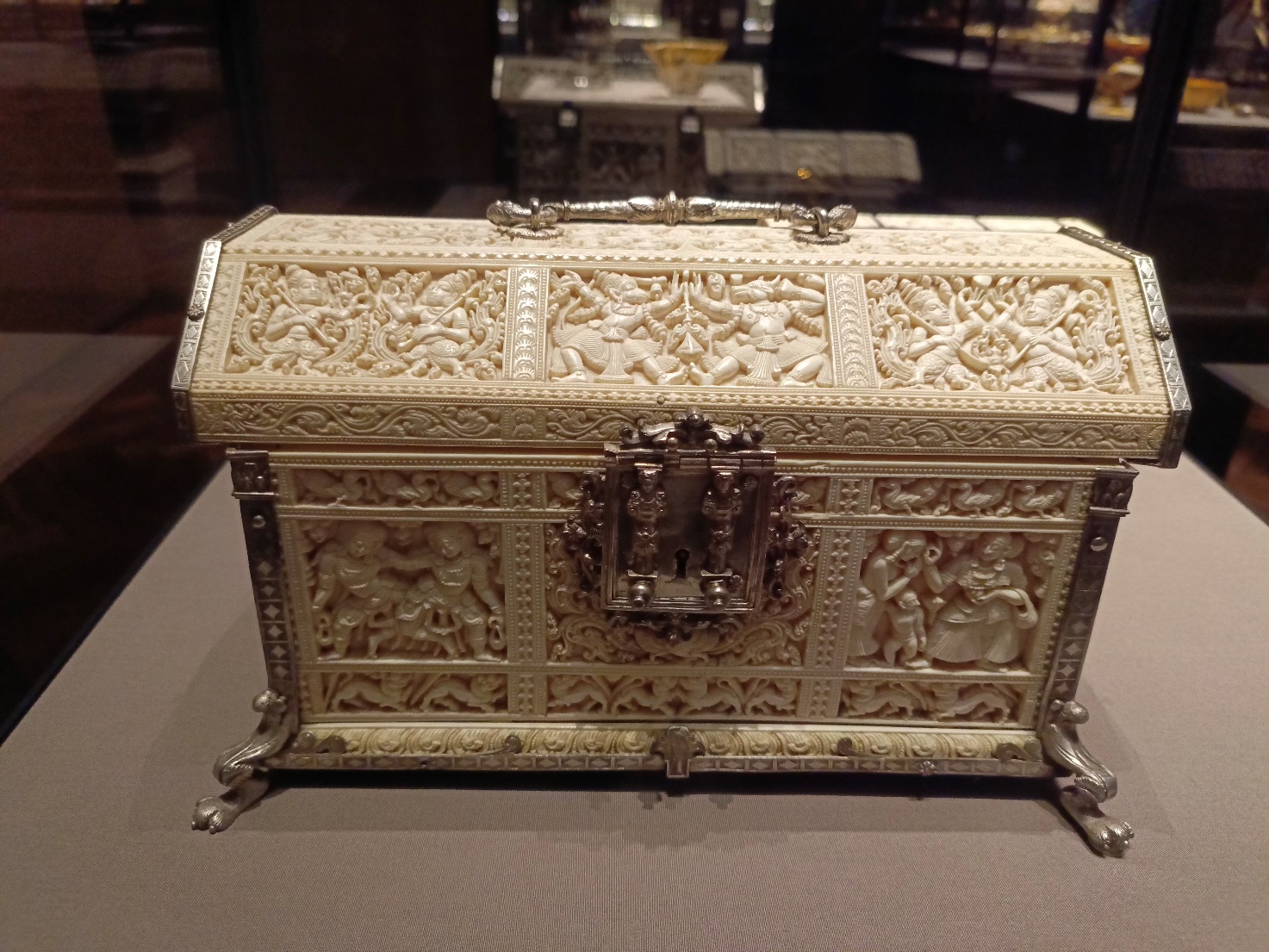
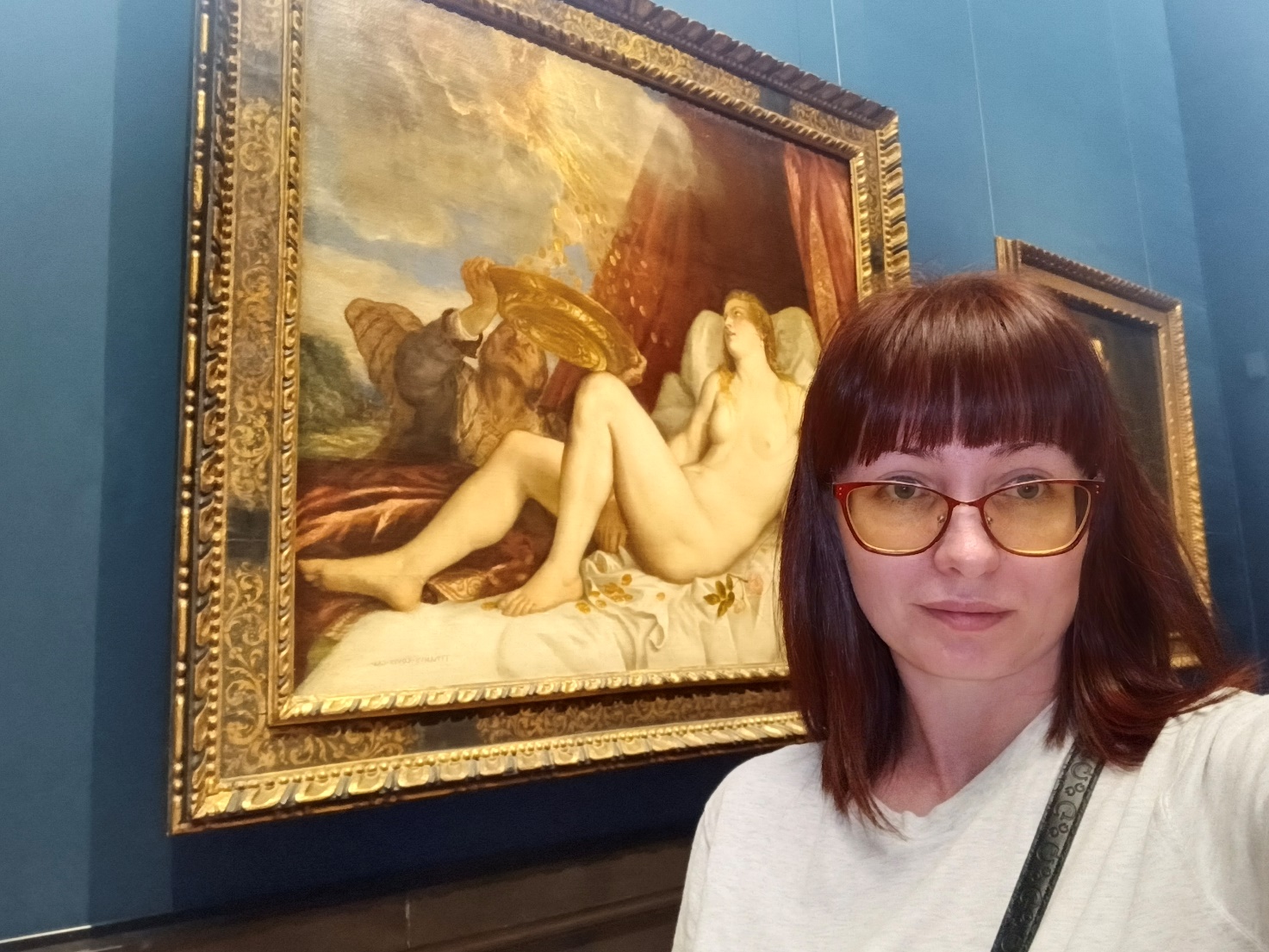
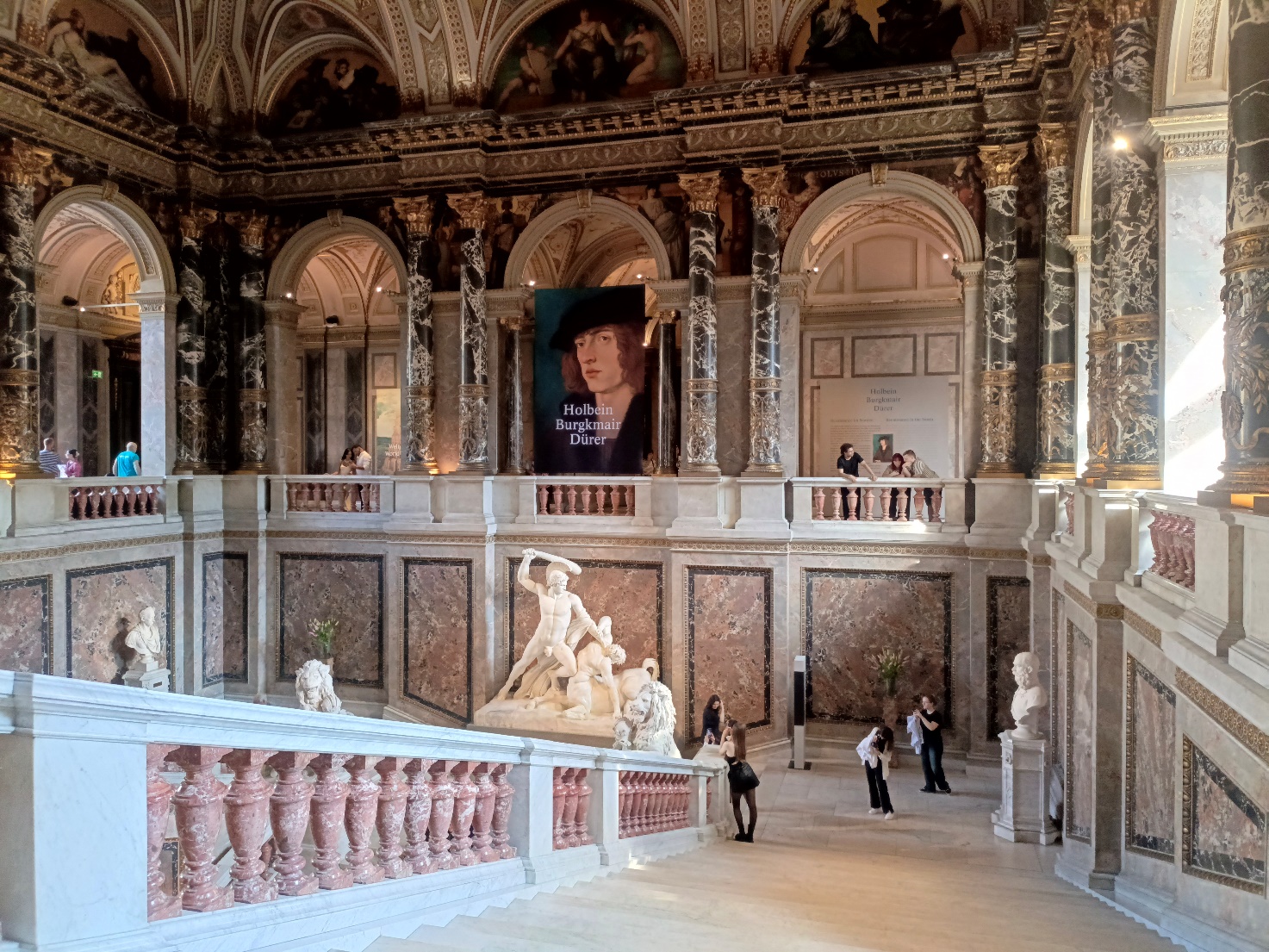
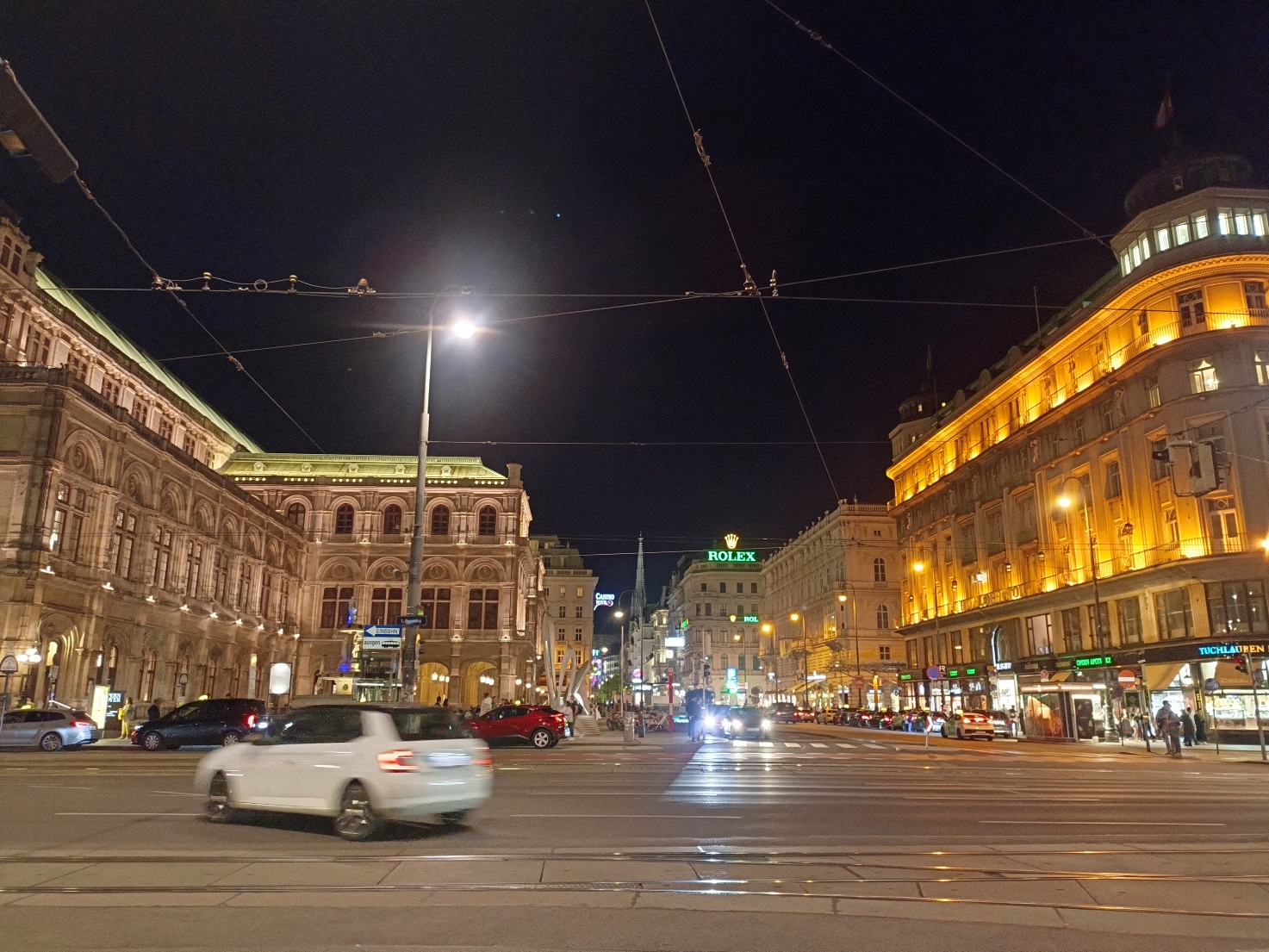


Upon the end, the scientists of Poltava Polytechnic received certificates of participation.


In the first (winter) semester of the academic year 2023/2024, 2 students of the Educational and Research Institute of Finance, Economics, Management and Law of Poltava Polytechnic, Nadiia Kubrak and Anastasiia Arkhipova, studied at the University Of Applied Sciences Of Burgenland. Student Nadiia Kubrak extended her mobility programme for the spring semester of 2024.
It should be recalled that recently, three female students of Polytechnic became participants of the grant programme “Study Tours to Poland” in Wroclaw, 2 female students of Polytechnic studied the principles of volunteering within the Polish grant programme “Study Tours to Poland”. Last year, 4 students of Poltava Polytechnic took part in the “Study Tours to Poland” programme and visited Wroclaw, Gdańsk and Toruń.
It should be noted that students of Poltava Polytechnic have the opportunity to study abroad under the grant programmes of credit academic mobility for a semester or a whole academic year at the leading universities of Austria, Greenland, Denmark, Estonia, Lithuania, Latvia, Norway, the Netherlands, Germany, Poland, Romania, Slovakia, Finland, and the Czech Republic.
For more information about the current academic mobility programmes, please contact the International Relations Department (room 320-F, interoffice@nupp.edu.ua) or the Coordinator of International Cooperation of National University “Yuri Kondratyuk Poltava Polytechnic” – Candidate of Philological Sciences, Associate Professor of the Department of Germanic Philology and Translation Anna Kostiantynivna Pavelieva (room 310-C, email: kunsite.zi@gmail.com, phone: +3-8-(095)-91-08-192).
Media Center of
National University “Yuri Kondratyuk Poltava Polytechnic”



